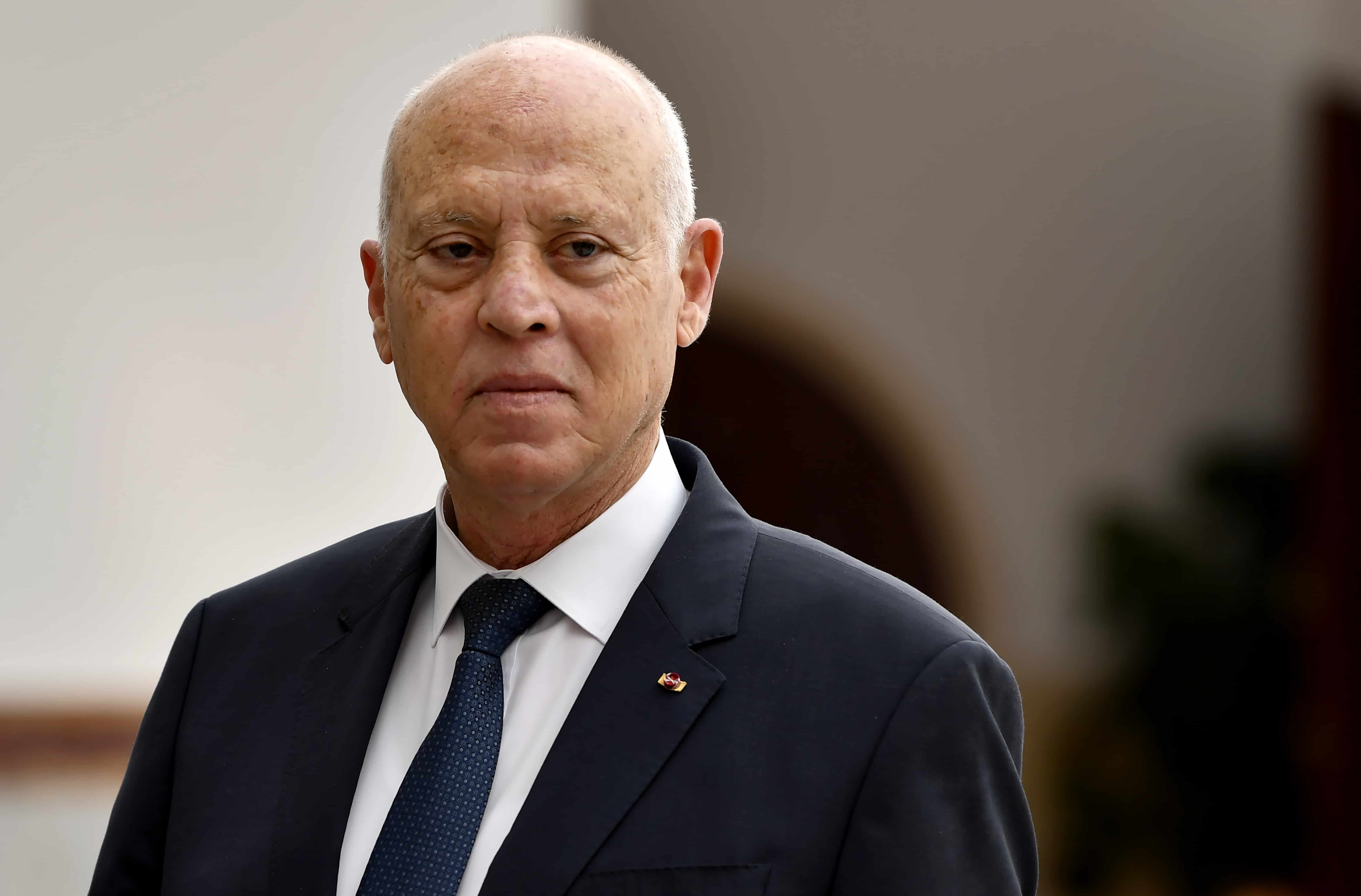Prosecutors in Tunisia have opened an investigation to determine the authenticity of recorded conversations purported to involve a former top aide criticising President Kais Saied, Tunisian media said Wednesday.
The 11 recordings, widely shared and debated since the first leaks on Friday, allegedly feature Nadia Akacha, who was Saied’s chief of staff and closest advisor for around two years before she quit in January.
The woman in the recordings alludes to events in the presidential palace and private meetings between Saied and foreign officials since the president’s July 2021 power grab, in some cases criticising the president and staff members.
Akacha has denied that it is her in the recordings, describing them as fakes that aim to undermine her former boss.
The 41-year-old, a constitutional lawyer like the president, was appointed as Saied’s legal advisor in late 2019 before becoming his head of staff in January 2020.
She travelled widely with the president both domestically and abroad.
In January she stepped down, citing “fundamental differences of opinion” over the national interest.
Tunisian media have reported she has since been living in France.
Her departure was a blow to Saied six months after he suspended parliament and sacked the government in a decisive move against the political system that had emerged from the country’s 2011 revolt.
Many Tunisians initially welcomed his moves but others have accused him of seeking to reinstall an autocracy in the birthplace of the Arab Spring.







